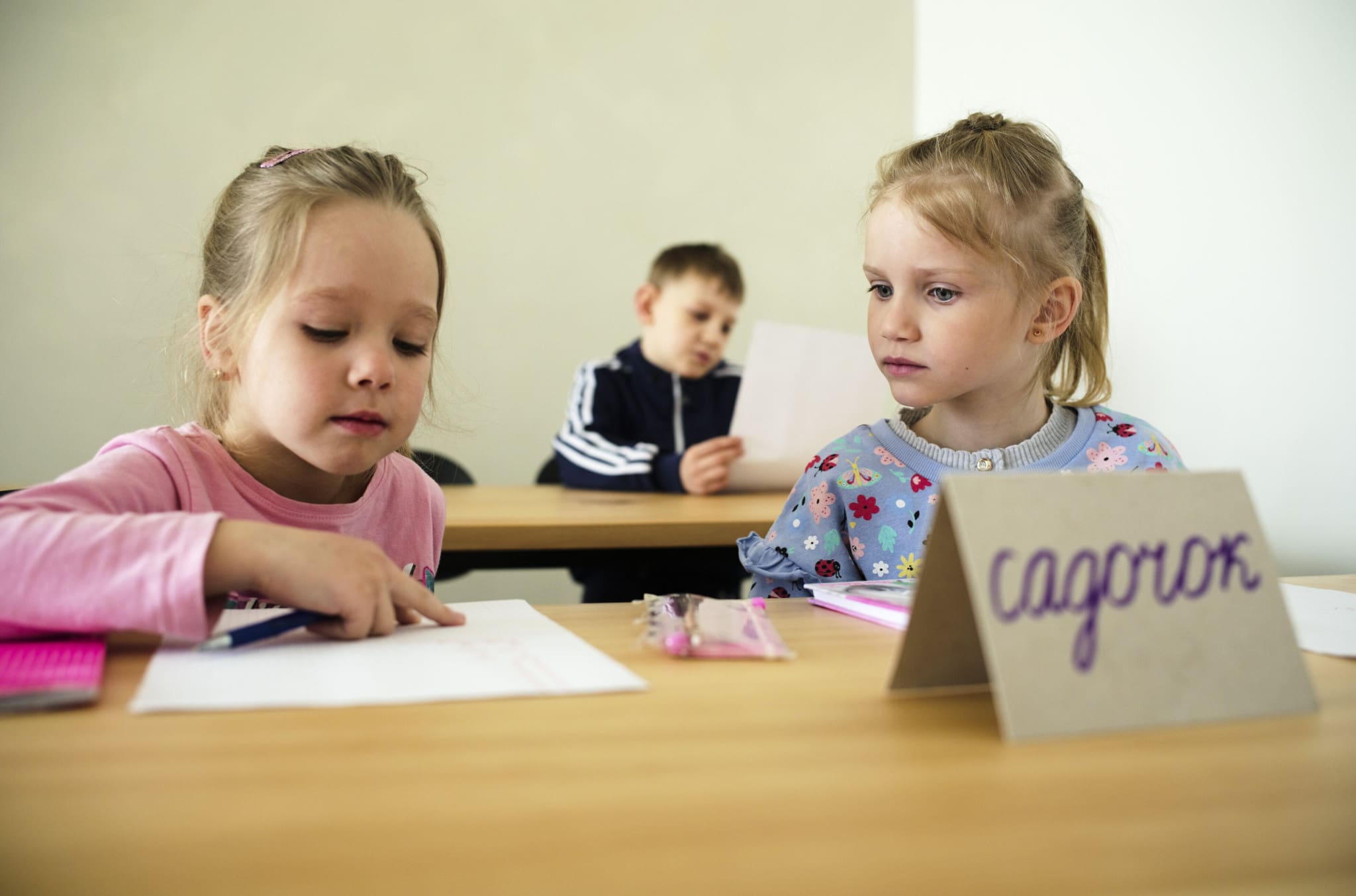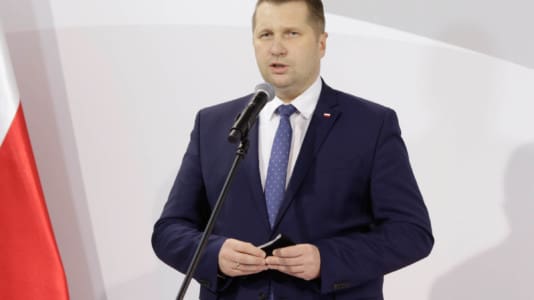Three out of four Ukrainian children of the relevant age have not yet begun kindergarten in Czechia, while two-thirds of older children had not yet been registered for a place in primary school, the chief school inspector, Tomáš Zatloukal, revealed following the conclusion of an inspection ordered by the education ministry.
“75 percent of Ukrainian children have not begun to visit kindergarten. Two-thirds of children did not enter primary schools,” Zatloukal told reporters alongside Education Minister Petr Gazdík following the publishing of the inspection results on Monday.
In mid-May, approximately 26,000 Ukrainian refugees attended primary schools in the Czech Republic — 3,800 of them attended kindergartens.
The number of Ukrainian refugees in Czech schools has thus increased by 12 percent since the beginning of April but is still low compared to the number of registered refugees.
From the beginning of April to the end of May, the inspectorate visited 70 percent of the schools attended by at least ten Ukrainian children. According to the inspection, half of them face personnel or space problems. However, Gazdík emphasized that the schools could solve the problems themselves.
“There is enough capacity. For primary schools, it is 153,000 places. The problem is that the children are not equally placed throughout the country. The capacity in Prague and its surroundings can not be enough,” added Gazdík.
The minister also noted that the state is now managing the situation well. However, the main onslaught is expected at the beginning of the school year.
“After a 90-day stay, they are lawfully required to attend school — that means from Sep. 1. As of this date, 50,000 or maybe 150,000 Ukrainian pupils can enter schools. It is difficult to estimate the number so far,” the minister explained.
Zatloukal revealed that only about 6 percent of kindergartens and a tenth of schools educate Ukrainian refugees separately from other pupils as a positive finding. According to him, teaching in mixed classes is preferred.
Separate groups for Ukrainian pupils are often used solely for intensive learning of Czech.





